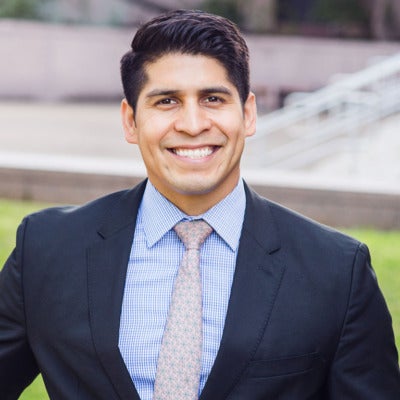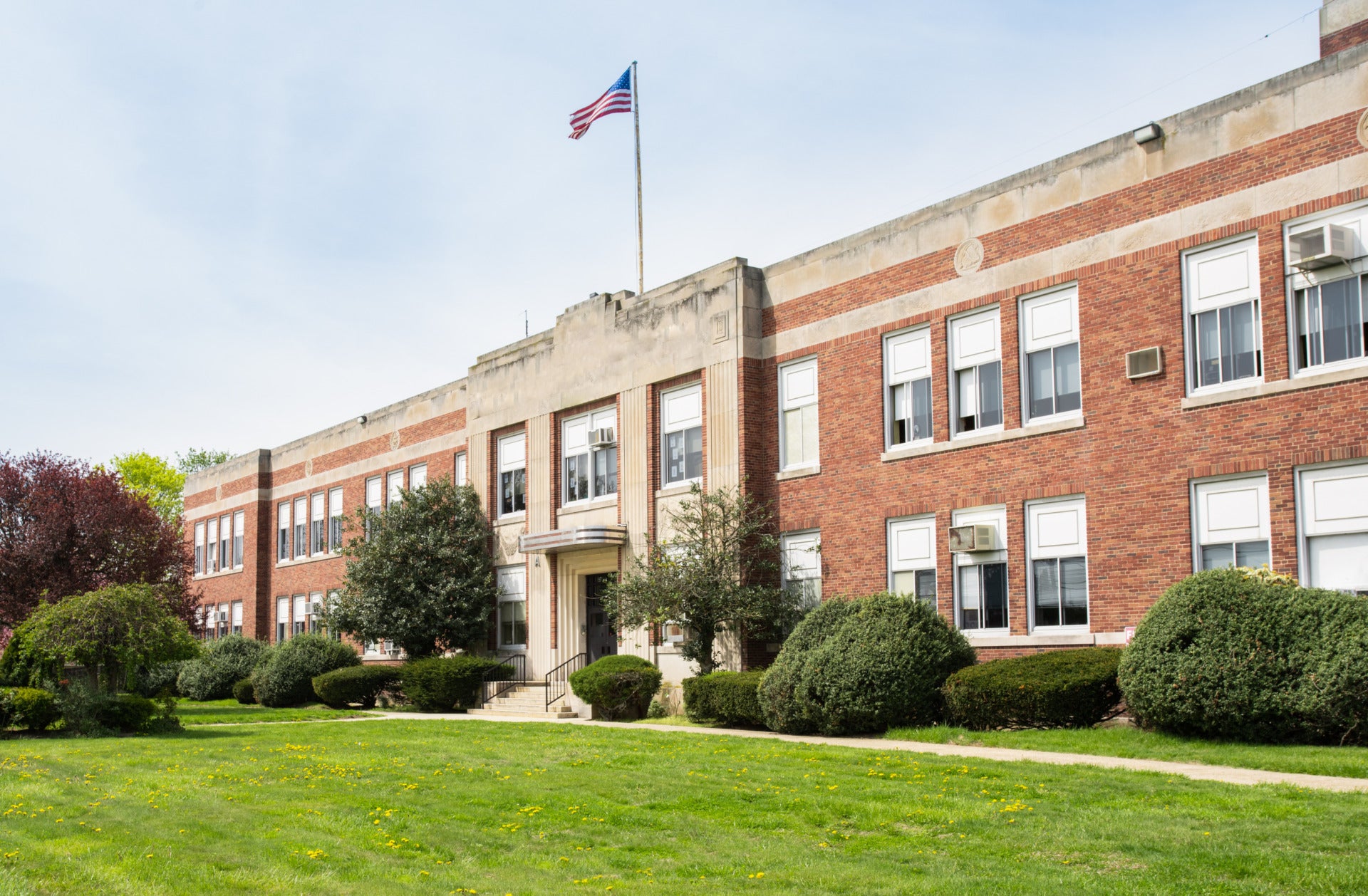As an alumnus, and now the President and CEO of Communities In Schools (CIS), I’ve experienced and witnessed the obstacles students face every day as they attempt to get an education. These challenges have taken an unprecedented turn recently; more than ever before students are dealing with isolating mental health issues, polarizing political and cultural tensions making their way into schools, and severe declines in academic achievement with a disproportionate impact on black, brown, and students living in poverty.
Now more than ever I know CIS was founded for such a time as this, and we are ready and able to step into this crisis and help bridge the gap. Schools were never built to deal with the present scale of poverty and systemic obstacles surrounding young people. For an organization building, testing, and improving our intervention model inside schools, I would say we are tailor made for this call for educational equity on the heels of a pandemic that has exposed the gulf of opportunity among our young people.
As educators are tasked with intense academic enrichment, they also recognize the deep relationships students and families need to support their opportunity to learn. At Communities In Schools, we hope to create a very real impact through our growth of an integrated student supports model I hope will be a turning point for many of the student populations we serve. After attending the Aspen Institute’s recent gathering of education leaders, policymakers, and advocates, I was affirmed that so many of the Opportunity to Learn (OTL) principles are already put into practice in our model and day to day implementation. However, this alignment is not fully embraced or funded in communities that have historically been cut off from opportunity.
For example, one OTL principle is that “all students deserve access to caring adults with expertise in creating quality learning environments and experiences.” For more than 40 years, CIS has been connecting students with locally hired, trained, caring adults and resources from within their own community.
Healthy, developmental relationships with adults is a crucial opportunity for learning that should be embedded in planning, measurement and accountability systems, and human capital strategy.
It’s worth the investment and a proven fact that positive relationships and a sense of belonging are a fundamental condition for learning.
Additionally, connecting students to local resources reduces the workload on schools so they can focus on providing a welcoming environment and rigorous academic content that will position students for success. Our ability to expand students’ access to critical resources while deepening their sense of community and belonging has been a lynchpin to CIS’ success.
Another OTL principle asserts that “all students deserve the opportunity to develop their character, talents, and interests, while receiving support to address individual learning needs.” It is well known that students from marginalized backgrounds, including students living in low-income communities and students of color, often face systemic barriers that impede their ability to access an equitable learning experience compared to their white, and more affluent peers. CIS is tackling this issue by operating in some of the highest need communities in the nation. We’ll continue to remove barriers for vulnerable students at risk of dropping out and by creating more equitable learning environments. Last year, 99% of students enrolled in CIS programs remained in school through the end of the school year, with 97% of K-11 students being promoted to the next grade, and 95% of seniors graduating or receiving a GED.
I listen to state and federal policy call for a back-to-basics education system, a vision that centers around math and reading scores, but completely ignores the barriers students face outside of the school day. Policymakers and district leaders should strive to leverage evidence, relationships, and local resources to keep kids in school and on the path to graduation. No one actor can achieve these goals alone, but together we can transform the education system in America to become an engine of opportunity for every student.

Rey Saldaña
President and CEO of Communities In Schools (CIS)


